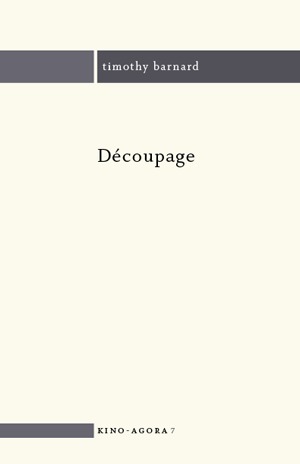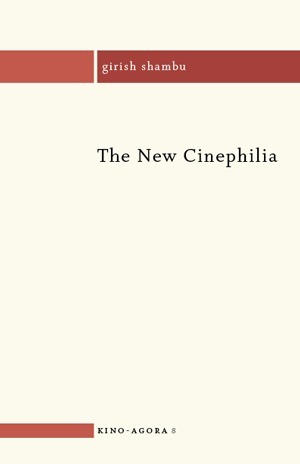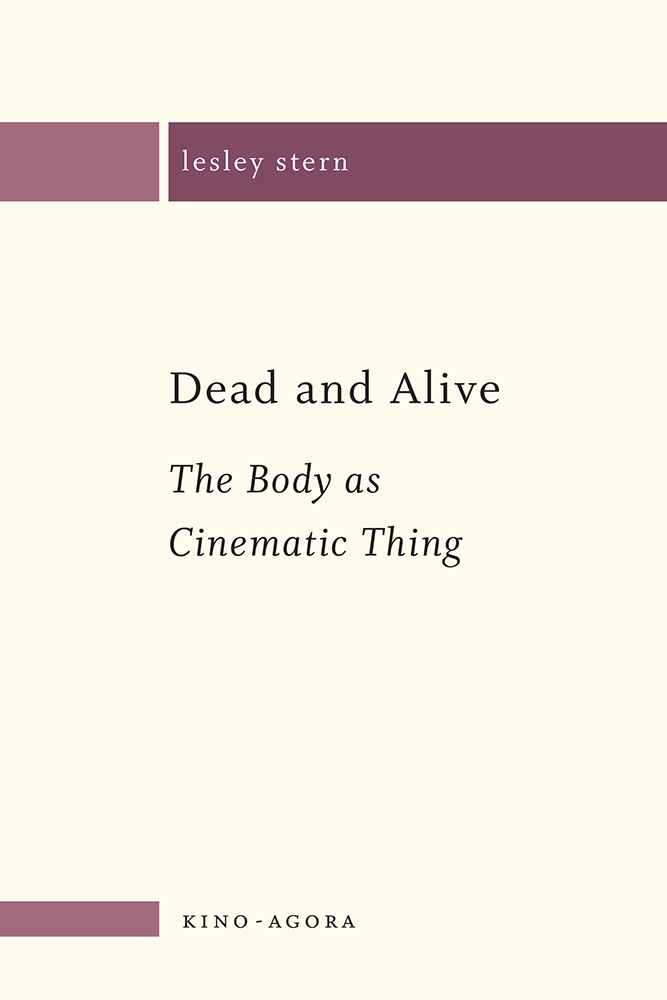
Part of Series
In this volume, the only book on the topic of cinematic découpage in any language, Timothy Barnard surveys the writings of a broad range of filmmakers, historians and theorists of cinema’s early, classical and modern eras to explore the meanings of découpage and the usefulness of the concept to film criticism and theory today. Almost universally confused in English-language writing on film with editing—when it isn’t completely ignored—découpage articulated instead an understanding by French critics that sequencing was conceived before and during the shooting of a film, not in the cutting, and that the camera played not merely a pictorial role but instead structured the film through its formal treatment and sequencing of the mise en scène. A nascent theory of découpage was sketched out by André Bazin, but the term and the concept have been obliterated from most English translations of his work, in which it has perversely been replaced by editing. Despite everything we have been told, D.W. Griffith, as Bazin remarked, did not invent editing: he invented découpage. ‘Griffith didn’t invent the close-up either’, Bazin quipped in a 1947 article defending Orson Welles against the charge by Georges Sadoul that Citizen Kane did not invent the use of depth of field. ‘But he invented découpage—which is to say thirty years of cinema’. Employing an innovative découpage-like writing structure that flows effortlessly between his sources and disentangles découpage for the English reader in direct prose that will find a welcome home in undergraduate lecture halls, graduate seminar rooms and on the bookshelves of general readers alike, Barnard leads us on a journey through the history and theory of découpage and argues for its importance to film theory today. The authors discussed include Henri Agel, Alexandre Astruc, Jean George Auriol, Béla Balázs, André Bazin, Raymond Borde, David Bordwell, Eileen Bowser, Luis Buñuel, Noël Burch, Sergei Eisenstein, Jean-Luc Godard, Tom Gunning, Roger Leenhardt, Rachael Low, André Malraux, Jean Mitry, Harry Alan Potamkin, Vsevolod Pudovkin, Éric Rohmer, Georges Sadoul and Kristin Thompson. Timothy Barnard is the proprietor of caboose, for whom he has translated a selection of essays from André Bazin’s What is Cinema? in 2009 and Jean-Luc Godard’s Introduction to a True History of Cinema and Television in 2014.

